FQXi continued to probe at the frontiers of knowledge in their 2020 essay contest on Undecidability, Uncomputability, and Unpredictability. I have offered an answer in “The Door That Has No Key“ (available for download in Essays). Yes, there are serious limits to what we can understand about the world, but these limits are “a feature not a bug”! The limits are the consequence of self-reference, entanglement and purposeful agency, key features of autonoetic (self-knowing) consciousness. These features are also, remarkably, found in physical systems and mathematical theories at the frontiers of knowledge. They may serve as gatekeepers limiting our understanding of the world we live in, but they also make living in this world so marvelously interesting and beautiful.
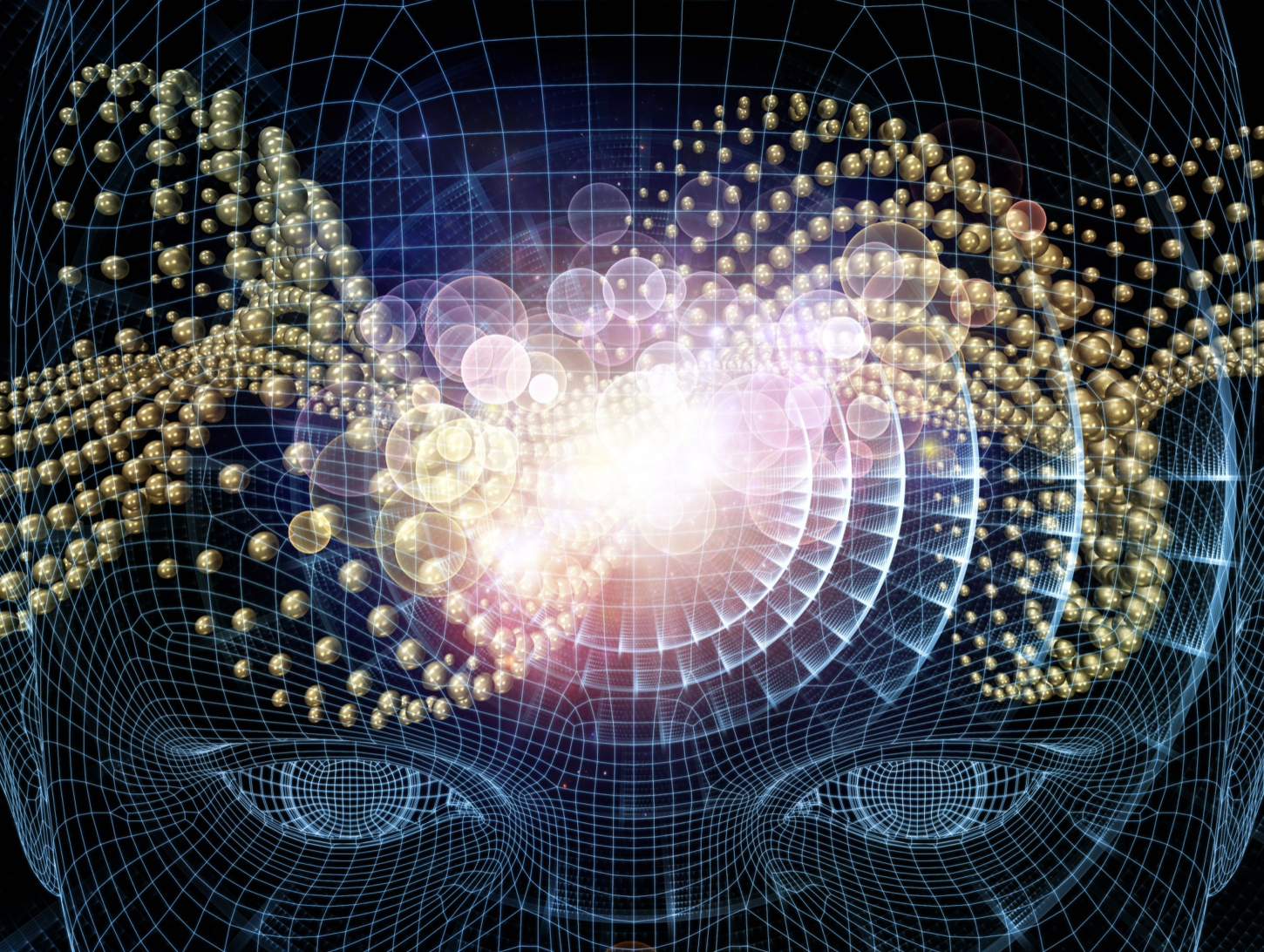
The Contest
The Foundational Questions Institute (FQXi) was created by a group of the world’s top cosmologists and physicists, in order to “catalyze, support, and disseminate research on questions at the foundations of physics and cosmology, particularly new frontiers and innovative ideas integral to a deep understanding of reality but unlikely to be supported by conventional funding sources.” Every year or so, they conduct an essay contest in a topic at the foundation of our understanding of the world. The contest is open to all. I have participated in the last five, and won 4th place in 2015 for the essay The Tip of the Spear in the contest entitled How Should Humanity Steer the Future.
The 2020 Essay Contest, entitled: Undecidability, Uncomputability, and Unpredictability, closed on April 24 and is currently in the community comment and ranking phase. Approximately 210 essays have been submitted. Awards will be announced this summer.
The opening statement for the contest this year noted that a century ago, it was “possible to imagine that a sufficiently advanced intellect could, given sufficient time and resources, in principle understand how to mathematically prove everything that was true… [and] predict anything that happens before it happens. That time has passed.” “…developments over the past century have shown that there are rigorous arguments limiting what we can prove, compute, and predict.” It concluded “we open the floor for investigations of … connections, implications, and speculations. We invite rigorous but bold and open-minded investigation of the meaning of these impossibilities for reality, and for us, its residents.”
Thesis
I have written previously about the issues cited in this year’s FQXi contest, including three of my prior FQXi essays: The Hole at the Center Of Creation; The How and The Why of Emergence and Intention; and Faith is Fundamental. My key point has been that the fundamental limits that physicists and mathematicians have been struggling with for the last century are real, and that we have largely ignored their implications. These limits are part of our fundamental reality. There is no way around them – and no way to escape them. So how can we understand them? That is what my essay attempts to address.
In the essay I borrow the concept of three worlds from the eminent mathematician and physicist Sir Roger Penrose. These three worlds are the physical world, the mental world and the mathematical world. Penrose pointed out that these worlds are related in particular ways, and that their relationships hold three mysteries: (1) Why do mathematical laws apply to the physical world; (2) How does the physical world gives rise to conscious minds; and (3) How can those minds perceive mathematical truth. Yet he also concludes that these worlds “merely reflect, individually, aspects of a deeper truth about the world as a whole of which we have little conception.”
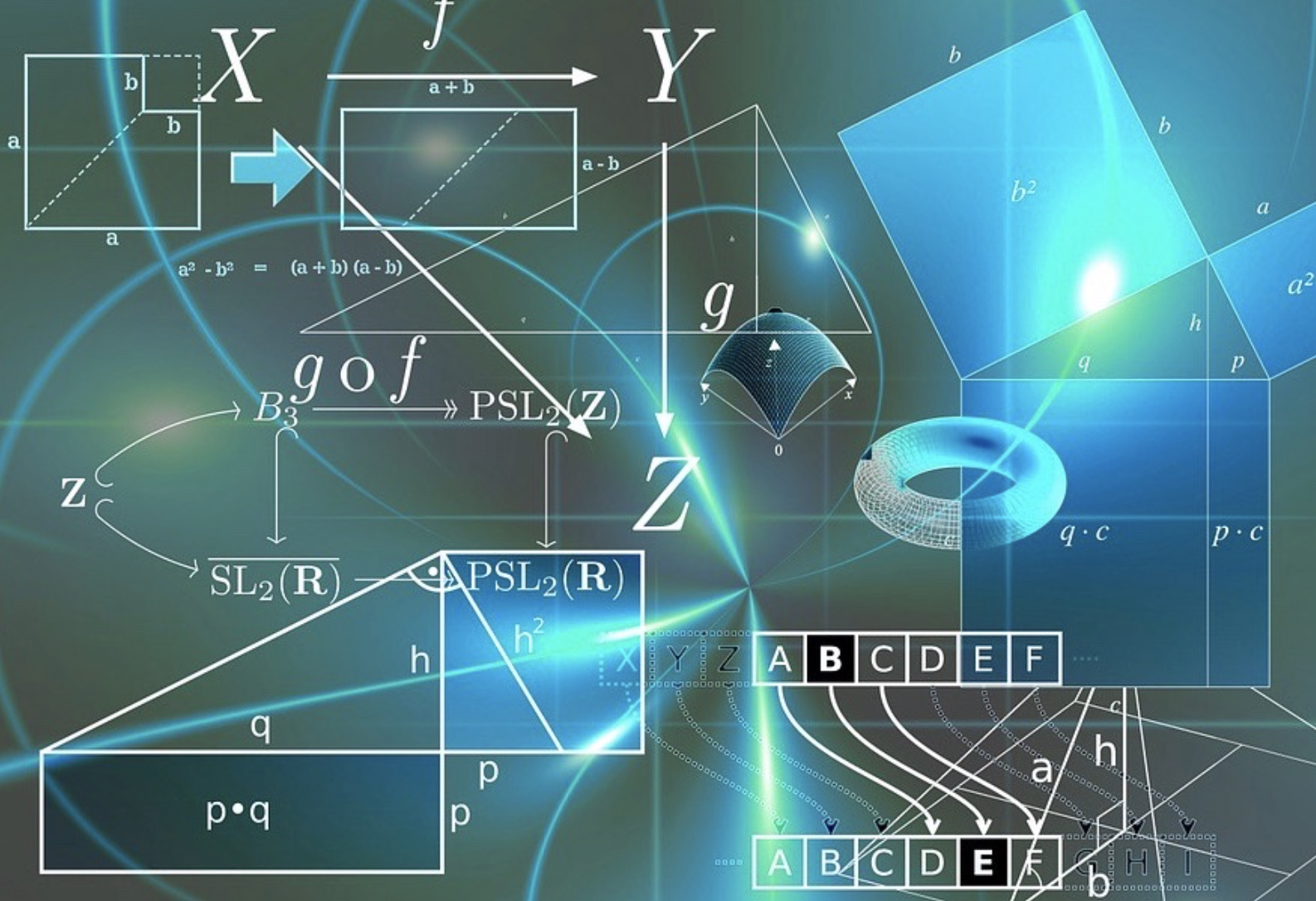
My conception is that three features of self-aware (autonoetic) consciousness are shared across the physical, mathematical and mental worlds. They give us the key to a deeper understanding of the nature of the triune world we live in. These are entanglement, purposeful agency and self-reference.
We recognize that our mind is distinct and separate from other minds and from the physical world. Yet without that world and those other minds, our mind could not have arisen and would not exist. The autonoetic self is intimately entangled with the physical world. But as entanglement in the physical world demonstrates, this means that causal connections extend beyond the boundaries of space and time.
We perceive that we have the capacity to shape our actions in the physical world in order to achieve a conscious goal. We build models (and tell stories) to help navigate the complexities of living in the world. Among those stories are the ones that embody our deepest desires and aspirations. Those aspirations carry with them a sense of purpose. The pursuit of that purpose gives meaning to the autonoetic self. This quality is also found in the physical world in emergent phenomena. Complex chaotic systems evolve dynamically, yielding increased diversity and structure demonstrating novel intelligence in and purposeful behaviors.

We are aware of our own minds and our relationships with other minds and the physical world. We can reflect on our goals and our efforts to achieve them. The autonoetic self acts in the world and also observes itself acting in the world. It is also capable of observing itself observing itself acting in the world. Remarkably, similar features exist in complex mathematical systems and have led to formal proofs that some truths cannot be proved and that many problems are undecidable or noncomputable.
Finally, I turn these ideas around. Self-reference leads inevitably to the limit of incompleteness. Entanglement implies that the whole cannot be understood solely through an understanding of its parts. Additionally, since we are ourselves entangled in the world, we can never truly observe the whole. Agency implies that consciousness can purposefully direct physical causal trajectories towards specific goals – we have degrees of freedom in making choices. If we extend this to the universe as a whole, the implication is that there is more at work than randomness behind the unexplained phenomena of cosmic fine-tuning, quantum indeterminacy, and biological evolution. This speculation may survive Occam’s razor better than the speculation of an infinite multiverse.
Conclusion:
The price for autonoetic consciousness is a limitation in our knowledge. Self-reference implies incompleteness; Entanglement guarantees that the whole cannot be determined from the sum of the parts; Agency and free will mean we can never precisely predict the future from the past. But perhaps these limitations are also a gift. If we knew, or could know, all things, and if the future were simply a deterministic output of past and present states, then human life might seem more like a prison than a joyful adventure.
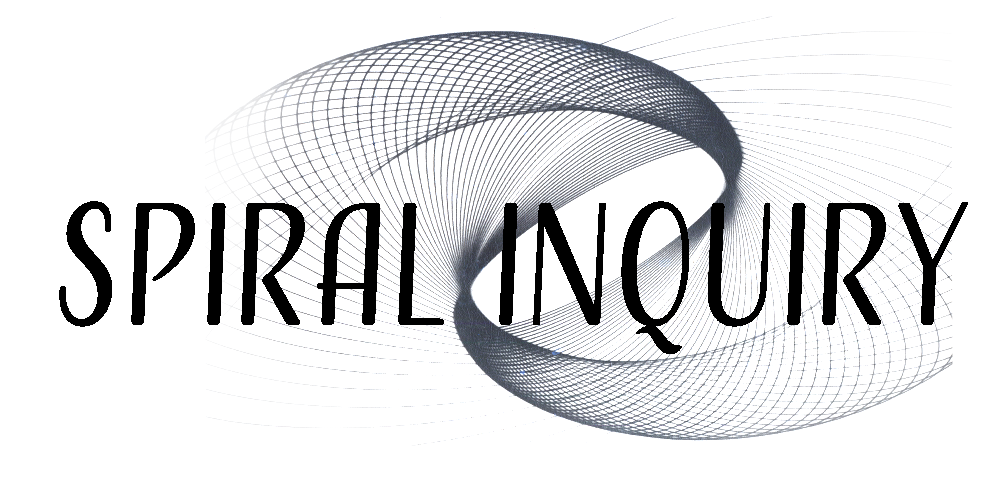











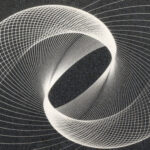

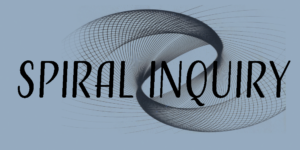
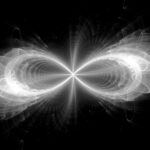

A very elegant and well-thought-out exposition. This is not a criticism, it’s where my mind goes in response, ‘where do you go from here?’
I ask this question because despite the nice triune framework offered (I think of the triune model of the brain as well) can you make your knowledge claims more substantive and predictive in nature? For example, are you able to focus (as I do) on the decay function of memory and mnemonic aids to increase our “incomplete” epistemology? There are plenty of counterfactuals to expand on here.
Also, I love, “Entanglement guarantees that the whole cannot be determined from the sum of the parts”, your move here is a unique derivative of, “the whole is more than the sum of its parts”, yet with an added emphasis on entanglement and deterministic outcomes. Cool.
Thanks, Daniel. I’d like to hear more about the decay function and mnemonic aids. I do think heuristics in general (including culturally constructed myths and metaphors) are evolutionary solutions to the limitations of perception and cognition – short cuts work well (most of the time).
Where do I go from here? This is an effort to develop an integrated TOE (theory of everything) that integrates science, faith and philosophy. The goal is not necessarily better prediction – but better meaning for our lives…..
Cheers – George
[…] Despite the amazing advances in science, medicine and the study of the human brain in recent decades, our efforts to understand consciousness are limited to speculations. My own speculation is that consciousness is intimately linked to the foundational questions of philosophy and metaphysics, inquiries where empirical studies and proof break down. (See: What do we Really Know About the World?) […]